Interview by Les Tan, Dawn Yip and Jan Lin

Ben Tan in 1996, aged 29, training in a gym in Savannah, Georgia, USA. (Photo courtesy of Dr Ben Tan)
Dr Benedict Tan, 41, is a three-time Sportsman of the Year award winner and won a gold medal at the 1994 Asian Games in Hiroshima, Japan.
In 1995, he broke into the ranks of the top 50 sailors in the world, and finished 36th out of 86 competitors at the 1996 Olympic Games in Atlanta, USA.
Ben is currently the Head and Senior Consultant of the Changi Sports Medicine Centre. He also sits on the board of the Singapore Sports Council and is a member of the Singapore National Olympic Council.
In recent years, he has turned his focus to long-distance running, and recently finished as the third-fastest Singaporean in a personal best time of 2 hours 56 minutes 20 seconds at the 2008 Singapore Marathon.
Here is his story.
Part 2
What primary and secondary school were you in?
Ghim Moh Primary and Secondary.
Was the school supportive of your schedule, training and everything?
To put it in context, during my time, sports wasn't that big in Singapore. I'm not blaming the school system – there was always a list of recognized sports. But sailing wasn't a recognized CCA like it is now.
I was the first sailor to raise the profile of the sport in schools. That was 1980.
Every year, to get your CCA points, you have to write down what you do. So I wrote down “sailing” and I won this and that. But everything was cancelled out – all deleted and not counted – even though I was top 3 in the youth category in Singapore.
So what was your reaction?
I didn't sail to get the points. Whether they recognized it or not, I've gained already. So I still continued because I was gaining from it and I was learning new things everyday and developing myself physically, mentally and also socially.
Socially because I was one of the few kids who sailed at that time, so I was interacting mostly with adults. I raced against the adults, so I was forced to grow up faster because of who I mingled with.
Another social aspect is, when you compete, you have to know how to win and how to lose. If you lose, you must be able to do it graciously and not be a spoilsport. If you win, you cannot go around beating your chest and pumping your fist in the air because someone else is disappointed. So you learn how to be sensitive towards others.
You learn about being more confident. For example, if I have my own secrets, I will teach everybody I know in sailing. But yet of course I still want to win but how do I win?
Through the execution.
I can teach you everything but can you execute? That comes with confidence.
In fact, I realized that to go further when I represented Singapore, to compete on the international stage, the only way - or one of the few ways - was to train overseas, which was too costly an option for me so I still needed a local system.
But a local system wasn't established so I depended very strongly on people sparring with me. I was only as good as my sparring partner. If you give me a very strong sparring partner, I've got somebody to chase up to, to overtake.
In Singapore, I had to create a lot of sparring partners. I teach all advanced sailors this concept - if, let's say, you have 100 sailors, all equally good, your chances of winning that race is only 1 of a 100. But let's say if you partner up with one of the sailors, and you share everything you know and spar with each other, two of you will rise up above the rest, above the other 98.
In the next race, it will be basically the 2 of you fighting for the top 2 positions so now your chances become 1 out of 50 because you cooperate to improve yourselves. That's how I realized the value of sparring partners.
Even now, if the world number 1 and 2 partner up and spar with each other, the rest of us will be in trouble because of the really powerful combination. So I realized that in order for me to compete on the world stage, since I can't be based overseas all the time, locally I need very strong partners and I need not just 1 or 2, I need a lot because I need to spar against a tactical expert, a light wind expert, a strong wind expert, someone who has very good boat handling, just a whole group of them.
But the thing is, if you keep defeating them, why would they want to spar with you? It's demoralizing right?
So that's where the relationships, the social skills come in. You got to treat people around you well. You got to motivate them, you got to share with them.
So I learnt how to work in a team and keep the team together, even though I race in single-handed boats, which is an individual event. But getting up there is a team event.
In that way I'm very good at [keeping] loyal sparring partners, I keep the invitation open and I organise the races. I lay the course and we race around the course, so [for] a lot of things [it] is about the attitude.
I don't have the attitude of waiting for the government to sponsor me, thinking ‘If they don't pay for the trip I don't go,’ or thinking that, ´Oh I'm not going to do this unless the country pays for me, or unless they get me a coach'.
If you want to wait for that happen, it is not going to happen because someone will have to do the work first and pave the way first.
I do it myself first, I don't wait for others to do it.
Related stories
"I nearly flunked my PSLE." An interview with Ben Tan – Part 1
“If you don’t have a good crew, you’re useless because you’re only the driver.” An interview with Ben Tan – Part 3
"It is very stupid to assume your opponents are less talented." An interview with Ben Tan – Part 4
"I didn't get any hand outs during NS." An interview with Ben Tan – Part 5
"In fact, people with bad attitude are the ones who do well." An interview with Ben Tan – Part 6

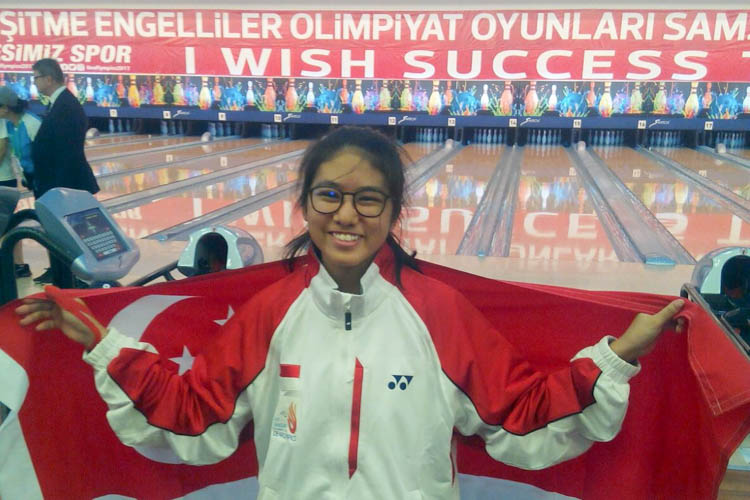
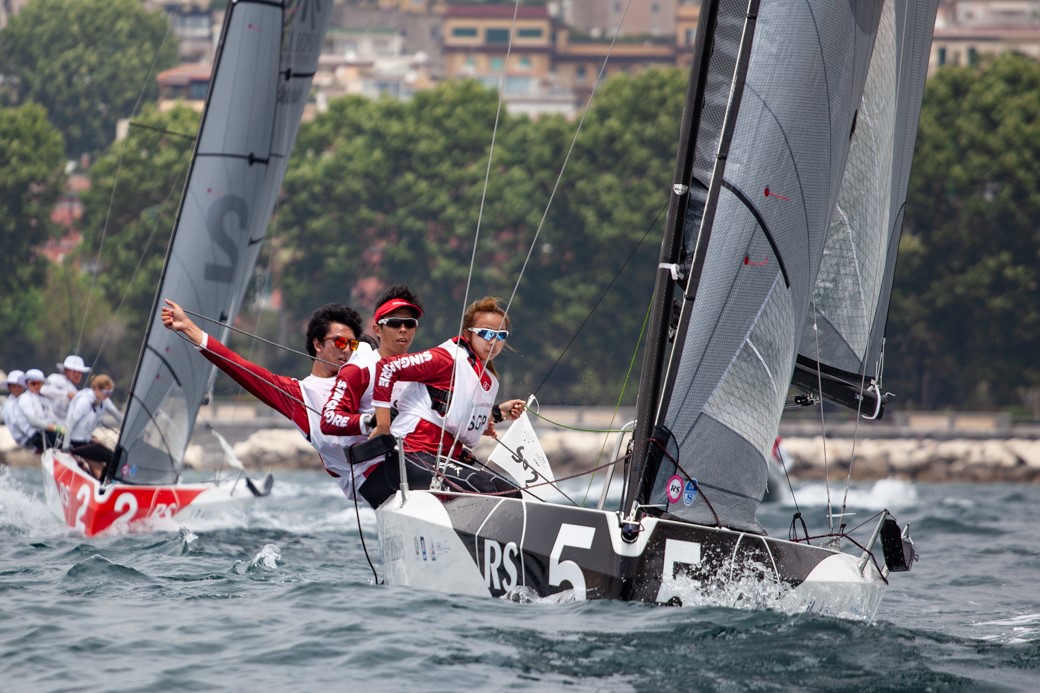
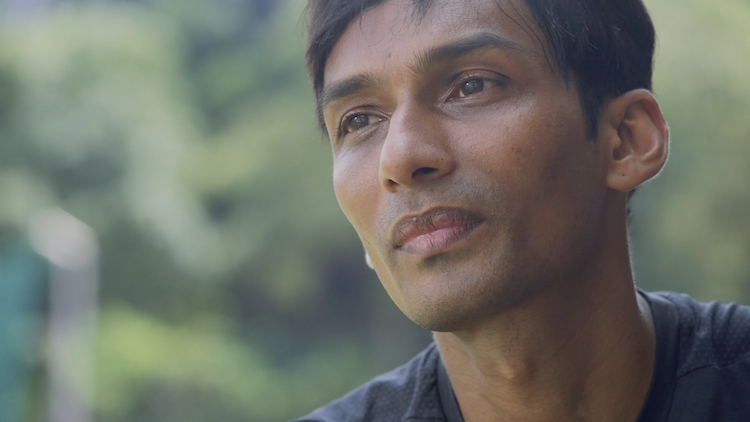
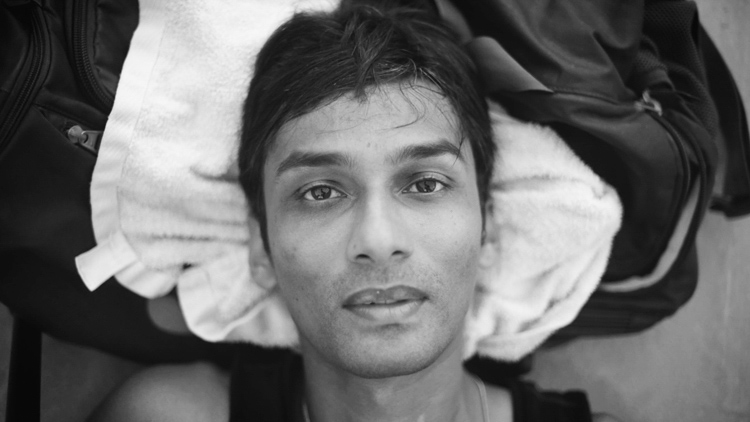
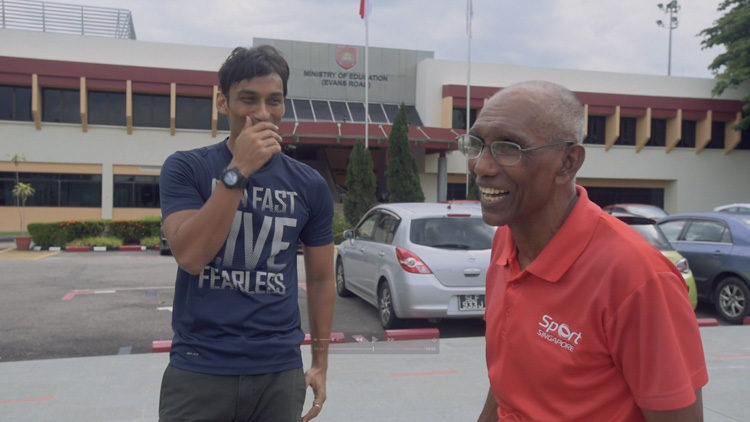
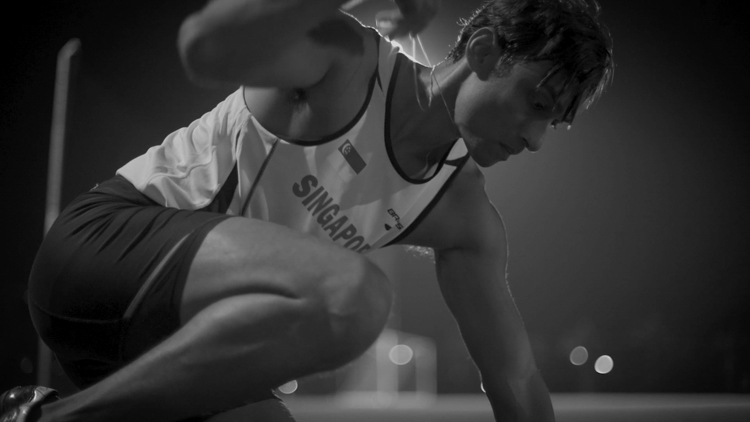
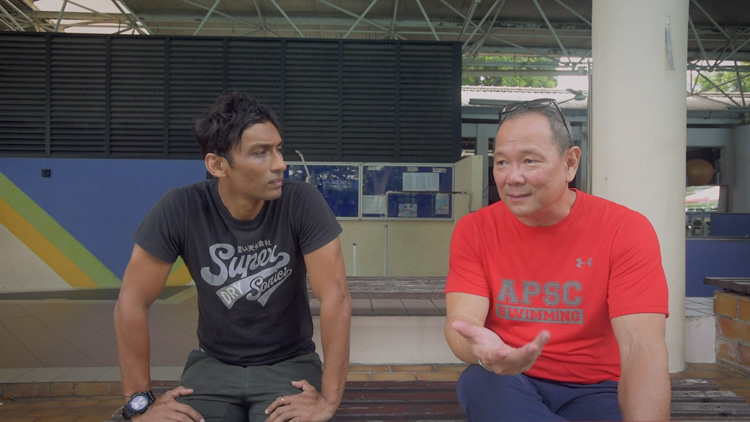
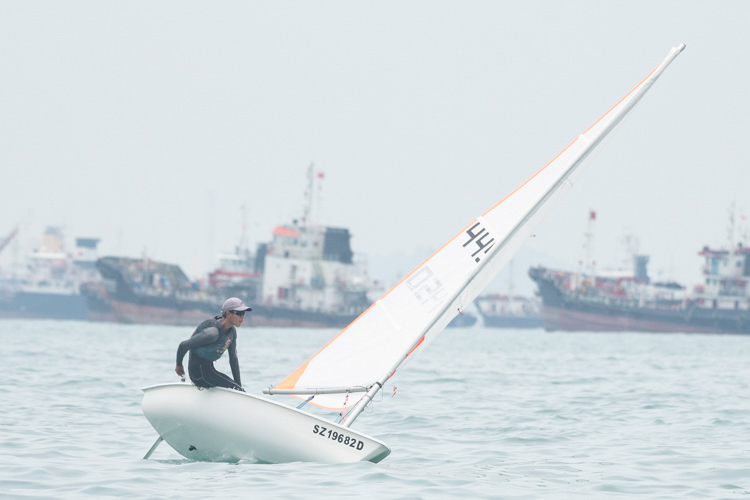
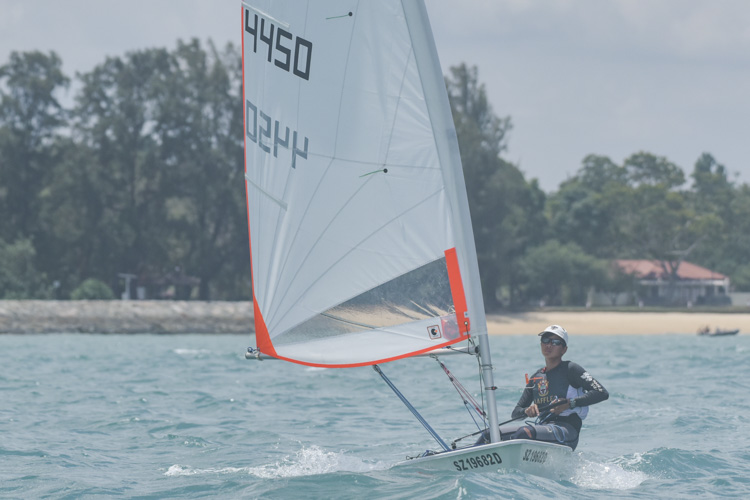
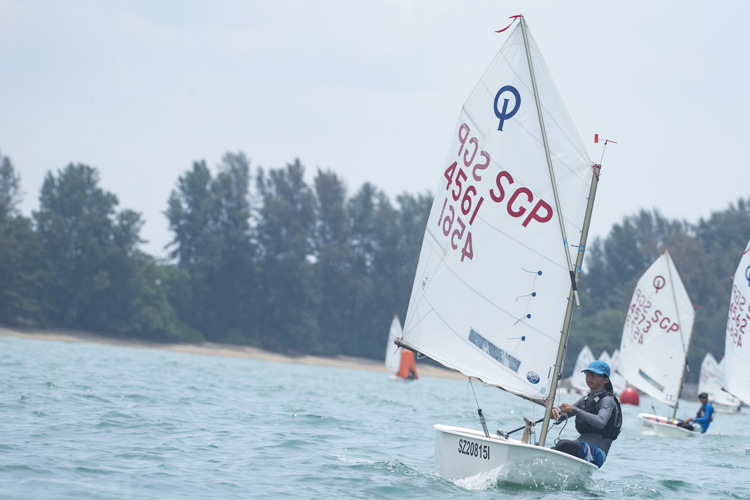
[…] Related stories “I nearly flunked my PSLE.†An interview with Ben Tan – Part 1 “I was top 3 but got no CCA points.†An interview with Ben Tan – Part 2 […]
[…] stories “I nearly flunked my PSLE.†An interview with Ben Tan – Part 1 “I was top 3 but got no CCA points.†An interview with Ben Tan – Part 2 “If you don’t have a good crew, you’re useless because you’re only the […]
[…] Related stories “I nearly flunked my PSLE.†An interview with Ben Tan – Part 1 “I was top 3 but got no CCA points.†An Interview with Ben Tan – Part 2 […]
hello tzj, nice to hear from you 🙂
Third part coming soon and looked forward to meeting up with you again.
this interview was really insightful and inspiring.
cant wait for the third part!
Thank you uncle Les, auntie Dawn and Jan for bringing us this interview.
[…] Related stories “I was top 3 but got no CCA points.†An Interview with Ben Tan – Part 2 […]